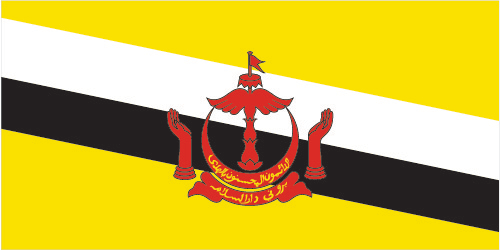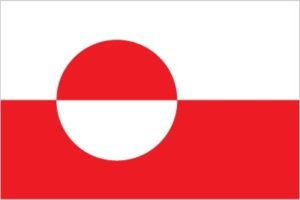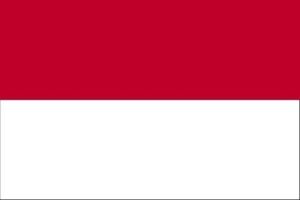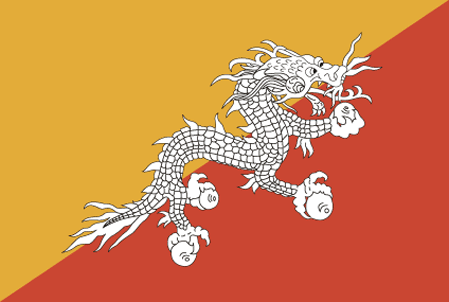
Flag of Australia
Australia was founded in 1788. It may be the smallest continent, but it is the sixth largest country. Aborigines settled in Australia at least 40,000 years ago. The Dutch were the first Europeans to explore the area, and they called the continent New Holland. However, Captain James Cook declared in 1770 that the land belonged to Great Britain. Australia became a penal colony when 700 prisoners were transported there in 1788. Gold was discovered in 1851. It became a commonwealth in 1901. Idea: Australia is home to many marsupials. Children could research some of these animals and then make a play where Captain Cook explores Australia and finds these animals. Children could also learn more at: Australia.





